Last Updated on August 2, 2021
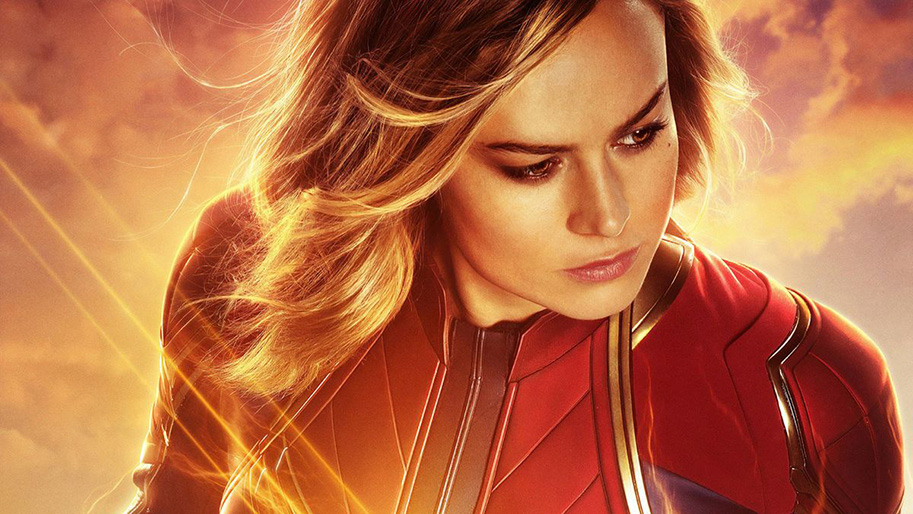 WARNING: This article contains MAJOR SPOILERS for the ending of Marvel's CAPTAIN MARVEL
WARNING: This article contains MAJOR SPOILERS for the ending of Marvel's CAPTAIN MARVEL
As CAPTAIN MARVEL continues to soar at the box office after its $455 million worldwide debut, there's no doubt that the vast majority of audiences were delighted by Marvel's first female-led standalone adventure. Having been a fan of the character since Kelly Sue Deconnick re-introduced comic fans to Carol Danvers in 2012, I can't tell you how elated I feel to be watching the character's well-deserved rise to the frontline of the MCU. Co-directed by Anna Boden, co-written for the silver screen by Geneva Robertson-Dworet, with music composition by Pinar Toprak and edits from Debbie Berman, CAPTAIN MARVEL is a fierce showcase for female talent within the industry, and I hear the plan is to take Carol higher, further, and faster as the MCU timeline presses on.
Recently, while emailing with ET, Berman told the outlet "I feel very honored that I got to work on the Marvel films that I did," having made her Marvel editing debut with SPIDER-MAN: HOMECOMING, then joining the studio again for Ryan Coogler's BLACK PANTHER. "I can’t imagine a better personal trilogy! To be a part of when Spidey finally came home to Marvel was phenomenal. As a South African, to be a part of Black Panther was incredible. And then to be a part of their first female-led film has been brilliant! To see all these films embraced and break financial and critical records has been overwhelming."
The below section contains major plot spoilers for CAPTAIN MARVEL. Read at your own peril.
What's more is that Berman also revealed to ET that CAPTAIN MARVEL was to end before she made some pivotal changes to the film's final scenes:
I remember reading about your work on Black Panther and how you offered on the final scene, where T’Challa and Shuri travel to Oakland. Are there any similar scenes that stand out to you in Captain Marvel, where you offered input that shaped or changed things in a pivotal way?
"I did actually suggest some tweaks to the ending of this film. It used to end with Carol flying off into space alone, and I found that a bit jarring. Like, where exactly was she going? And what was she doing? It felt like we needed a stronger visual to assert a more specific justification for her leaving and disappearing for so many years. So we added Talos and his family in their spaceship waiting for her, and they all fly off together. It gave her more of a sense of purpose and made it easier to believe that she left her newfound life on Earth because she was with a friend we knew she cared about, and for a more specific mission. It gave more resonance and closure to her final moment in the film."
Woof! It sounds as if Berman, in-part, became the film's own superhero, as the original ending surely would not have been as satisfying as the featured in the final cut. Captain Marvel remaining with Talos and his people makes a lot of sense, as it adds to Carol's "humanitarian factor," if you will. I mean, it would be pretty messed up if she'd helped free the Skrulls and then was like, "Welp, best of luck out there, suckas! Hey Nick, where did you put my Babes in Toyland Spanking Machine album? I know it was you that took it."
When prompted to elaborate, Berman explained how she wanted to leave audiences with a very distinct impression of Carol, after having been on such an emotional journey with the chracter.
"I remember when I came across the line where she says, “My name is Carol,” and there was a take where a tear runs down her cheek. I had a lot of other takes of that line where she just said it in a stoic, kick-ass fashion. And I was drawn to those other takes because that’s what I am used to seeing — and in a way, I’ve been programmed to feel that someone being strong and emotionless is the right play. And they were really great performances and you could feel her power. But then I thought, I have never seen a superhero cry while saying her most kick-ass of lines, and honestly, if I had gone through everything she had just gone through, no matter how strong I was feeling at that moment, I think I would be having a multitude of emotional experiences simultaneously.
So I went with the “kick-ass tear” take. And again, I was expecting pushback [on] it and was again surprised and delighted everyone loved it. It’s one of the most powerful moments of the movie. It’s something new and unexpected, and Brie really brought the performance in that moment, and I embraced it as something that felt real to me," said Berman.
For more on Berman's experience with CAPTAIN MARVEL be sure to check out ET's full interview, which is filled with lots of interesting insights into Marvel's latest blockbuster.
CAPTAIN MARVEL is in theaters now.






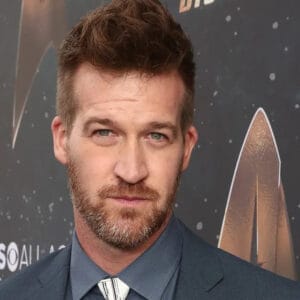
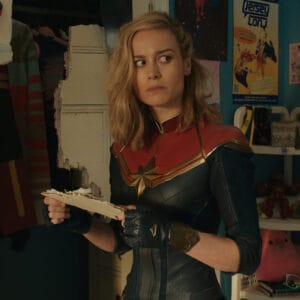
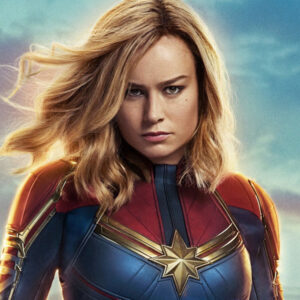


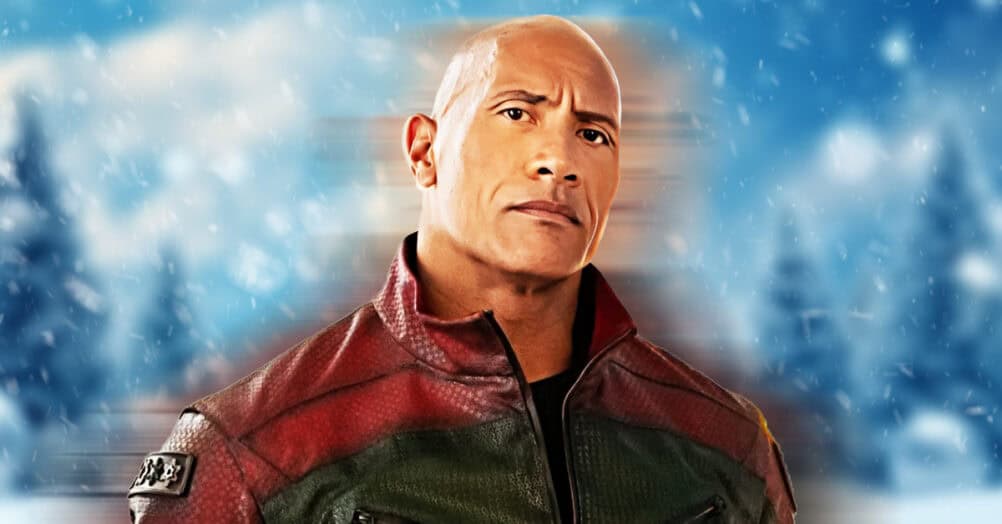







Follow the JOBLO MOVIE NETWORK
Follow us on YOUTUBE
Follow ARROW IN THE HEAD
Follow AITH on YOUTUBE